Top Ten Performances of 2023
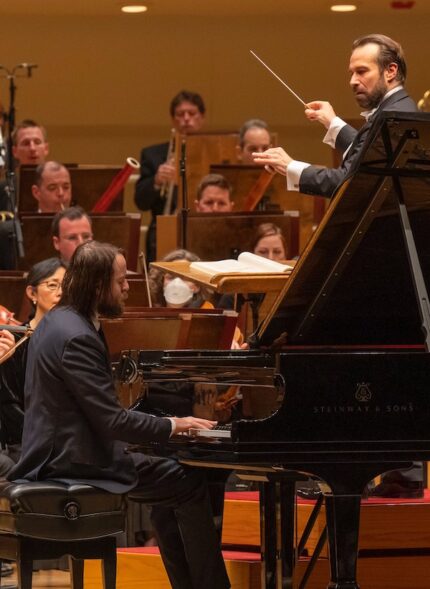
It’s fitting and apt that the year’s top performance was one of the events marking the 150th anniversary of Sergei Rachmaninoff’s birth. Daniil Trifonov’s spellbinding take on the Russia composer’s Piano Concerto No. 3 with Fabien Gabel and the CSO in April was one for the books. Trifonov gave the big lyrical themes their due without excess sentiment and transformed the first-movement cadenza into an integral part of the larger canvas rather than a breakout opportunity for solo brilliance. Trifonov threw off the blazing virtuosity with almost nonchalant ease yet the final runs up the keyboard were as edge-of-the-seat exhilarating as one is ever likely to experience. Led by Fabien Gabel—in an impressive CSO debut— the orchestra provided their star soloist with an equally vivid accompaniment. The characterful performance of Stravinsky’s Petrushka on the first half was icing on the cake.
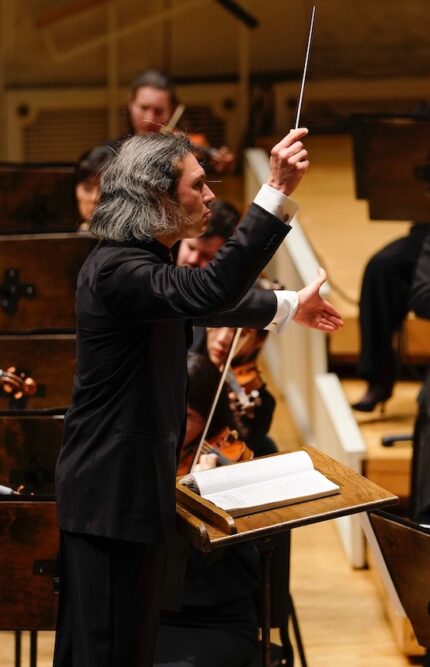
2. Shostakovich Symphony No. 8. Vladimir Jurowski/Chicago Symphony Orchestra.
Russian music of a very different order was heard on the same stage one week later with Vladimir Jurowski leading the CSO in a devastating account of Dmitri Shostakovich’s Eighth Symphony. In his first CSO stand in 13 years, Jurowski drew powerful playing of laser-like commitment from the musicians, directing an authoritative reading of this tragic work that made sense of the final movements, managing to find a small degree of internal solace in a world gone mad.
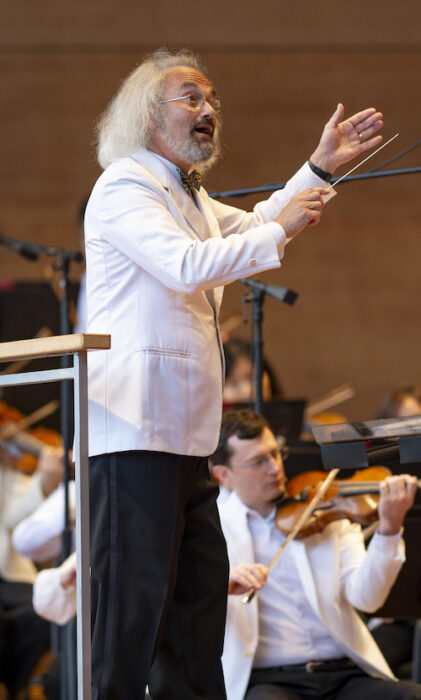
3. Dvořák: Stabat Mater. Carlos Kalmar/Grant Park Orchestra and Chorus.
No music organization in Chicago has done more to bring neglected repertoire to local audiences than the Grant Park Music Festival under the leadership of Carlos Kalmar and Christopher Bell for the past quarter-century. On the first week of the summer series in June, Kalmar led an extraordinary performance of Dvořák’s rarely heard Stabat Mater. This somber choral work, consisting of ten slow movements running 85 minutes, is hardly populist summer rep. Yet Kalmar, four fine soloists and the Grant Park Chorus and Orchestra delivered a performance of sustained dramatic intensity, spiritual warmth and, ultimately, a glowing benediction.
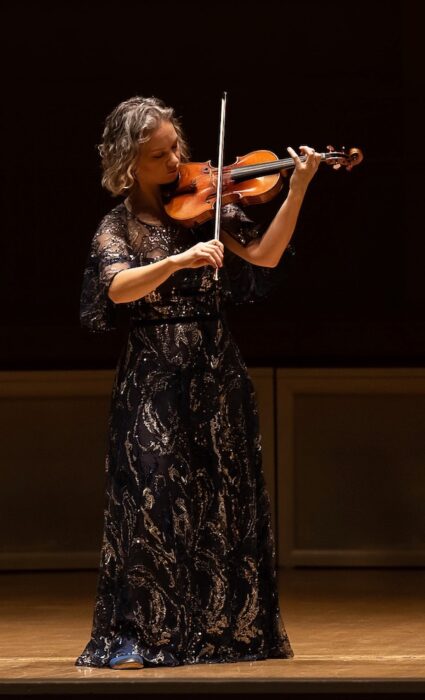
4. Bach: Music for Solo Violin. Hilary Hahn.
At the halfway point of her three-year term as CSO artist in residence, Hilary Hahn showed once again why she is the finest Bach violinist of our day. In addition to being nearly faultless technically, her March performance of three works for solo violin consistently conveyed the contrapuntal invention and expressive depths of this music in an individual way—with a flicker of vibrato, shift of rhythmic emphasis, or subtle dynamic turn. Hahn was at her finest in Bach’s slow movements, capturing their singular blend of sadness, yearning and nobility of expression.
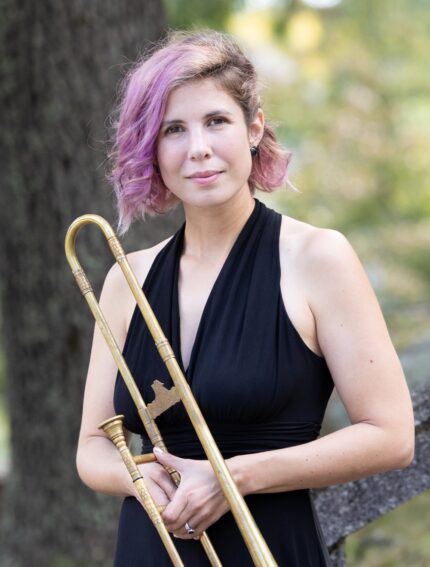
5. Music of Michael Praetorius. Liza Malamut/Newberry Consort and Bella Voce.
The closing concert in May of Liza Malamut’s first season as artistic director of the Newberry Consort was a highlight of the year. “Singen und Sagen: Music for Hope in a Time of War” featured moving performances of selections from Praetorius’ Polyhymnia Caduceatrix et Panegyrica interspersed with writings from the period of the Thirty Years War. Joined by the luminous vocal forces of Bella Voce, superbly prepared by their artistic director Andrew Lewis, the Newberry season finale captured the spirit of hope in the face of devastation, bringing the past alive with intelligence and stellar musicianship. (Tim Sawyier)
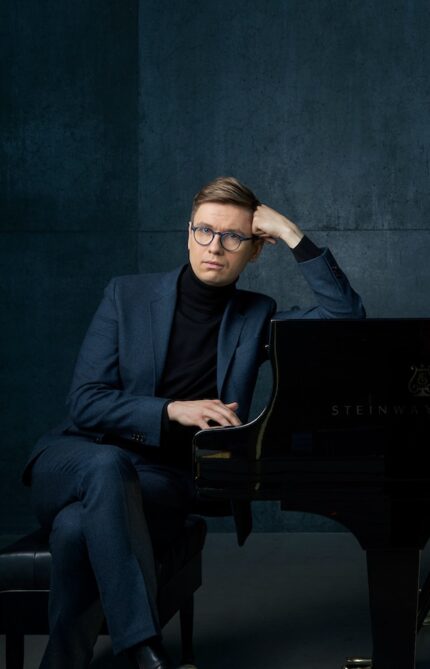
6. Music of Mozart and others. Víkingur Ólafsson.
In his Chicago debut, Víkingur Ólafsson exactly replicated his DG album of “Mozart and his Contemporaries”—15 works played in the same order straight through, 84 minutes without an interval. Yet there was nothing contrived nor any new-release-party feel in these vital and illuminating performances. The Icelandic pianist made a credible case for his view of Mozart as “the first Romantic composer,” and one was floored by the virtuosity, exuberance and communicative insight of Ólafsson’s playing in the flesh.
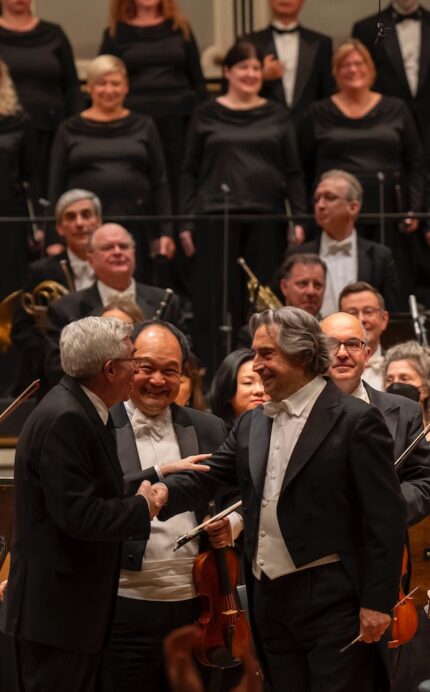
7. Beethoven: Missa Solemnis. Riccardo Muti/Chicago Symphony Orchestra & Chorus.
The pandemic delayed Riccardo Muti’s performances of Beethoven’s mighty Missa solemnis, but it turned out to be the ideal work for the mercurial Italian conductor to conclude his 13-year tenure as CSO music director in June. With world-class vocalism by the CSO Chorus and a stellar vocal quartet, this was a noble, resounding and vocally resplendent Missa solemnis.
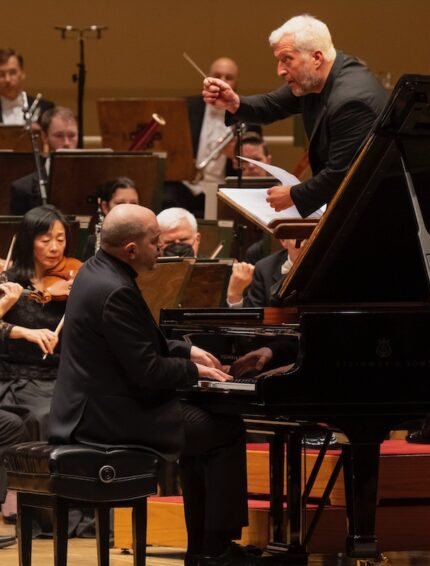
8. Adès: Piano Concerto. Kirill Gerstein. Thomas Adès/Chicago Symphony Orchestra.
April was not the cruelest month this year with three events making the Top Ten. Thomas Adès is one of the most compelling composers of our day and his podium debut with the CSO leading the premiere of his Piano Concerto delivered a season highlight. In this 22-minute work, Adès reconciles his anarchic complexity fluently within the parameters of traditional form. The resulting concerto is edgy and unsentimental, yet fresh and exhilarating in its solo fireworks and subversive exuberance. Kirill Gerstein handled all of the relentless solo demands with unflagging focus and virtuosity.
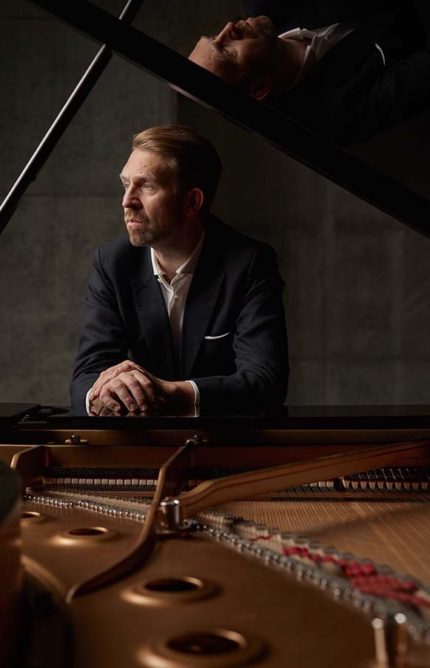
9. Music of Dvořák, Beethoven, Janáček and Silvestrov. Leif Ove Andsnes.
Leif Ove Andsnes opened a rich year for solo recitals in January with a typically intelligent and scrupulously curated program. The main work was Dvořák’s rarely heard Poetic Tone Pictures. Played complete, the Norwegian pianist gave this hour-long collection of picturesque miniatures immense charm and varied character. His performances of works by Beethoven, Janáček, Vustin, Silvestrov and Sæverud were just as insightful and distinctive.
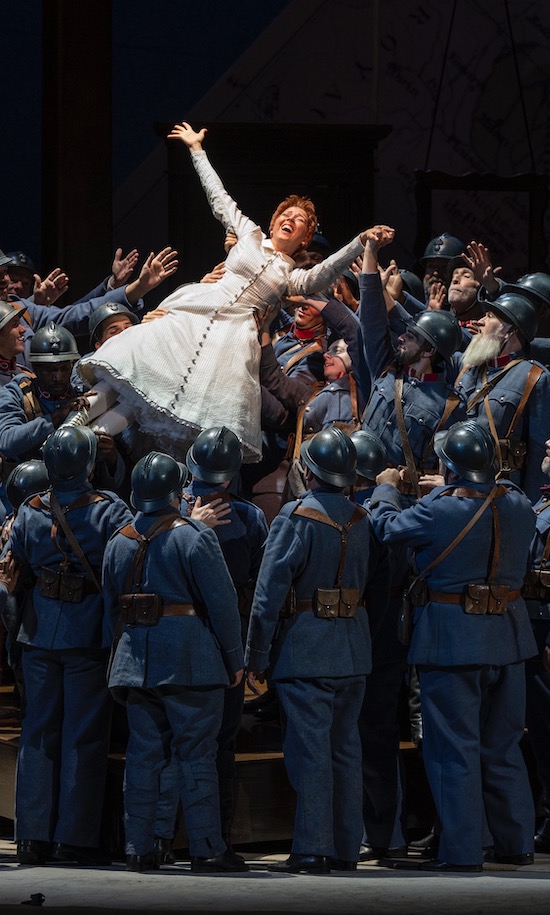
10. Donizetti: La fille du régiment at Lyric Opera.
Operatic star power has been mostly missing in action in Chicago over the past decade but Lisette Oropesa’s belated Lyric Opera bow in La fille du régiment showed how a charismatic artist can light up an entire show. Costar Lawrence Brownlee sailed through (and encored) the nine high C’s of Tonio’s showcase aria, and conductor Speranza Scappucci sealed the performance in a most impressive company debut, making Donizetti’s frothy score sound like a masterpiece.
Honorable Mentions
Staatskapelle Berlin’s Brahms with Jakub Hrůša. Evgeny Kissin’s Bach, Chopin and Rachmaninoff. Michael Tilson Thomas’s riotous take with CSO on Schoenberg’s revamp of Brahms’ Piano Quartet in G minor. The CSO’s Mozart Gran Partita; Mahler 5 with Klaus Mäkelä and Mahler 9 with Hrůša. Music of the Baroque’s St. Matthew Passion. Susan Platts’ singing of Mahler’s Songs of a Wayfarer with the Chicago Philharmonic. The Lakeview Orchestra in Howard Hanson’s Symphony No. 2. Mendelssohn’s Die erste Walpurgisnacht at Grant Park under Kalmar. Cellist Jian Wang’s belated CSO debut in Bloch’s Schelomo. David Herbert’s performance of William Kraft’s Timpani Concerto No. 1. Hilary Hahn in Brahms’ Violin Concerto with CSO and Esther Yoo in Glazunov’s Violin Concerto at Grant Park. Jaap van Zweden’s CSO Beethoven Fifth.
Bella Voce, performing the original version of Benjamin Britten’s A Ceremony of Carols at its annual Christmas concerts, made this miniature choral masterpiece feel astonishingly fresh, as if one were hearing it for the first time. (John von Rhein)
Best News for Chicago Opera
Lyric Opera announced that Anthony Freud is departing at the end of the 2023-24 season, two years ahead of schedule.
Worst Opera Production
A perennial winner in this category, Lyric Opera outdid itself in 2023, opening its season with a horrific production of Wagner’s Flying Dutchman in September. Christopher Alden’s relentlessly downbeat revisionist staging rewrote the opera’s ending and jettisoned any romantic or positive aspects in favor of his usual private dystopian nightmare.
Second Worst Opera Production
Lyric’s dubious staging of Leoš Janáček’s Jenůfa wasn’t as fatal to the overall performance as was Alden’s Dutchman but German director Claus Guth still managed to recycle several of the identical, tired postmodern cliches. Can’t these hacks at least come up with their own bad ideas?
Best Vocal Debut
A tie between two very different sopranos: Lise Davidsen in Jenůfa and Lisette Oropesa in La Fille.
Second Best Rachmaninoff 150 Year Event
The Symphony No. 3 led by John Storgårds with CSO.
Biggest Misfire of Rachmaninoff 150 Year
Riccardo Muti’s charmless Teutonic take on Rachmaninoff’s Second Symphony, which made it sound like one of Max Reger’s lesser efforts.
Most Intriguing Rumor
That the next CSO music director will be Klaus Mäkelä.
Most Overlooked Event
The Chicago Symphony Orchestra completely ignored the centennial birthday year of György Ligeti, the great and highly distinctive Hungarian modernist composer. The New York Philharmonic, the Boston Symphony Orchestra, and nearly every other major ensemble on Earth marked the event with festivals while the CSO performed not a single note of Ligeti’s music.
Most Ominous Development
The increasing disarray of the CSO horn section.
Best Musical Discovery
Composer Johann Adolph Hasse, whose Marc’Antonio e Cleopatra was presented by Haymarket Opera.
Second Best Musical Discovery
Ildebrando Pizzetti’s Murder in the Cathedral, presented by Opera Festival of Chicago in July.
Requiescat in pace
Farewell to a Hardy Storefront Opera Company
After debuting with a riveting account of Gian Carlo Menotti’s The Medium a decade ago, Third Eye Theatre Ensemble closed its doors in October with a dramatic staging of another Menotti opera, The Consul.
Chicago’s Longest-Running Chamber Series Comes to an End
The Chicago Ensemble officially brought down the curtain after 45 seasons. Over those four-plus decades, pianist/artistic director Gerald Rizzer and colleagues brought a bounteous amount of chamber repertoire to local audiences, including many rarities and a wealth of neglected American music.
Posted in News
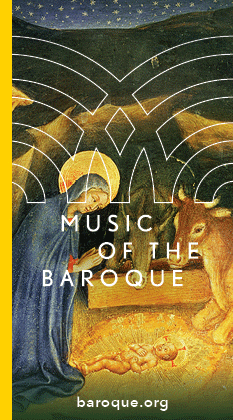
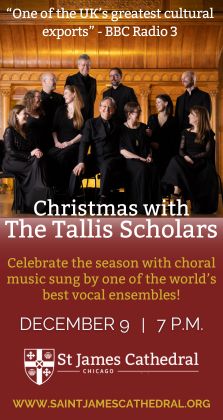
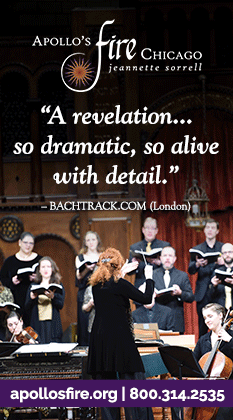
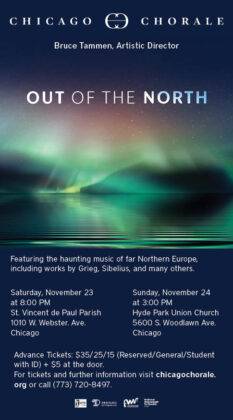
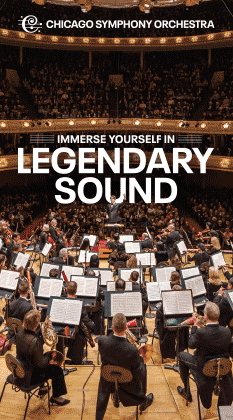
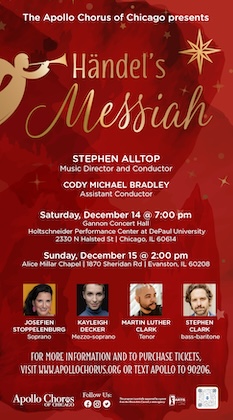
Posted Dec 23, 2023 at 2:39 pm by niloiv
I was fortunate to attend a few of those great performances, and agree in all cases mentioned.
Regarding the few low points. Curiously I can’t even remember the Muti Rach 2 at all. Maybe that says about how forgettable it was. Even now looking back, the only thing I remember about the concert is in the first half Muti stopped seconds into the Montgomery premiere to tell the audience the work requires silence.
A lowlight Rach I do remember was Shani conducting Symphonic Dances. Hard to believe it could be played so ponderous and without any nuance. Some passages were played so loud that my ears are still ringing 10 months after the concert.
The horn section currently isn’t playing to their own high standard. It definitely doesn’t help that how Cooper’s leave generated so much drama and (mostly negative) coverage compared to other orchestral player shifts, and that the orchestra is running without a boss after such an important appointment. But I’m confident as everything goes back on track they would soon be what this great section has always been again.
Last but not least, thanks for your hard work. It’s been a pleasure reading your reviews.
Posted Dec 23, 2023 at 3:45 pm by John
Freud’s early departure is indeed a godsend. Exhibit A: At the Lyric gala, Freud didn’t bother to mention the Lyric’s season, or even suggest that there was one.
Posted Dec 23, 2023 at 6:30 pm by Peter Labella
Thanks for this…You say things so I don’t have to…
Posted Dec 24, 2023 at 11:03 am by Brad
If Klaus is chosen as MD, I don’t know how he can make that work given all his current responsibilities.
Posted Dec 24, 2023 at 10:04 pm by Ryan
The fact that not any Ligeti was performed is appalling. Ligeti, Messiaen, Berg, Schoenberg, Dutilleux, etc simply do not exist for the CSO. For the CSO, music ended around 1920.
Perhaps we will get a Ligeti anniversary in 2123…